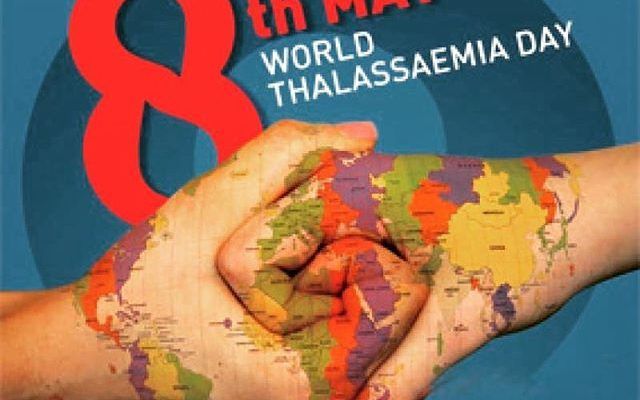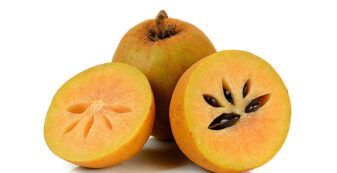World Thalassemia Day 2018: What is Thalassemia

Today is World Thalassemia day which is celebrated to make people aware of this blood disorder and to raise voice against thalassemia among young children. Secondly to create awareness about blood donation and help the ones suffering from thalassemia.

Source- Instagram
Thalassemia is a blood disorder which is inherited from parents because of the defective genes. It affects the capability of the blood to get oxygen to the body’s organs and those who suffer from it are not able to make enough hemoglobin because of which they are anemic. It can be severe and very painful if it not treated in the right way and on time.
Types of Thalassemia
There are three main types of Thalassemia:
Beta Thalassemia
Beta thalassemia happens when our body is not able to produce beta globin. Two genes, one from each parent, are inherited to make beta globin. This type of thalassemia arises in two types:

Source- Instagram
1. Thalassemia Major
This is the most severe form of thalassemia and is caused when beta globin genes are missing. This kind of thalassemia is generally diagnosed by birth or after the second birthday of the child. In this state, the child has to go for regular transfusions and a chelation therapy.
2. Thalassemia intermedia
This type of thalassemia is not that severe and is caused because of alterations in both beta globin genes. People who suffer from this kind of thalassemia do not need any blood transfusions.
Alpha Thalassemia
Alpha thalassemia arises when the body is not able to make alpha globin. For alpha globin, four genes are needed two from each parent.

Source- Instagram
This type of thalassemia has two serious types: hemoglobin H disease and hydrops fetalis.
1. Hemoglobin H
Hemoglobin H occurs when a person is missing three alpha globin genes or experiences changes in these genes. This disease often results in bone issues and the cheeks, forehead, and jaw may overgrow.
2. Hydrops fetalis
This state grows when all four alpha globin genes are altered or missing. This is a very severe form of thalassemia that takes place before birth. Most people with this disorder are born dead or die shortly after being born.
Thalassemia Minor
People who have thalassemia minor do not face any severe problems and they don’t generally have any symptoms. If they have any symptom then, it is only minor anemia. The condition is categorized as alpha or beta thalassemia minor. In alpha minor cases, two genes are missing and in beta minor, one gene is missing.
RELATED ARTICLES

Understanding Suprapubic Pain

Superfoods that fight cold and flu

Left-Handed People are Better!




